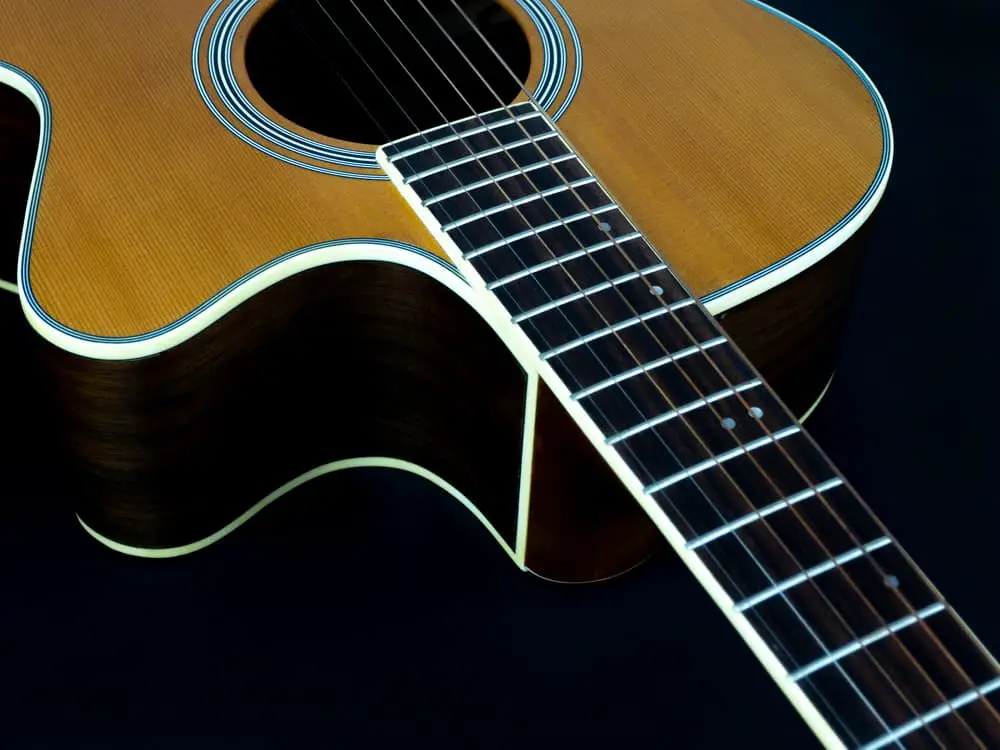Zager Guitars: Made Where? The Truth Revealed
Are Zager Guitars truly American-made, or is there more to the story? The tale of Zager Guitars is a complex one, involving design, assembly, and origin, a narrative that challenges the simple notion of where a product is "made."
Founded in 1969 by Denny Zager Sr. in Lincoln, Nebraska, Zager Guitars has cultivated a dedicated following over the decades. The brand, renowned for its "Easy Play" guitars, promises exceptional comfort and playability, catering to both seasoned musicians and aspiring guitarists. However, the question of originspecifically, whether these guitars are "Made in the USA"has sparked debate within the guitar community. It's a question that touches upon manufacturing practices, consumer expectations, and the very definition of what it means for a product to be American-made. This article delves into the nuances of Zager Guitar's production, examining the company's claims, manufacturing processes, and the factors that influence the quality and perception of these instruments.
| Category | Details |
|---|---|
| Full Name | Denny Zager Sr. |
| Birthdate | (Information not available in source material) |
| Occupation | Guitar Builder, Musician, Guitar Teacher, Founder of Zager Guitars |
| Known For | Co-founder of the duo "Zager and Evans," creator of Zager Guitars known for "Easy Play" design. |
| Career Highlights | Musical success with "Zager and Evans," decades of guitar teaching, developing innovative guitar designs. |
| Business | Founder and designer of Zager Guitars, based in Lincoln, Nebraska. |
| Website (Reference) | Zager Guitar Official Website |
The core of the issue lies in the manufacturing process. Zager Guitars, as the company readily acknowledges, does not perform every step of the guitar-making process within the United States. While Denny Zager Sr. designs the guitars, and final assembly, including the critical "Easy Play" setup, takes place in Lincoln, Nebraska, some components and materials are sourced from overseas. Specifically, it is understood that guitar parts are imported and then assembled in the United States. This practice falls into a gray area regarding "Made in USA" claims, as it's the final assembly and design that often determine the label.
The "Easy Play" aspect of Zager Guitars is a significant selling point. Denny Zager Sr., a former musician and guitar teacher, designed the guitars with a focus on playability and comfort. This design philosophy involves custom neck profiles, string height adjustments, and string spacing modifications to reduce the effort required to play. These adjustments, performed in Lincoln, are a key element of the Zager Guitar brand and are intended to appeal to players of all skill levels. The unique setup contributes to the brand's reputation and distinguishes them from other acoustic guitars.
The materials used in Zager Guitars are carefully selected for their tonal properties and overall quality. Solid Sitka Spruce and Indian Rosewood are common choices for the Zager zad80 series, and other premium tonewoods are used in higher-end models like the 900 series. Features such as curly maple binding, abalone and pearl inlays, and genuine Grover tuning machines are indicative of the attention to detail and the use of quality components. The Fishman Aura sound imaging system is also a feature in the 900 series, further enhancing the guitars' rich sound.
The origin of the guitars does, however, have a noticeable impact on their identity and perceived value. While some of the production does take place overseas, the final assembly, the unique Zager "Easy Play" setup, and the brand's history in the United States contribute to its identity. The guitars with "Easy Play" printed on the headstock are exclusively made in Indonesia, while the company also offers guitars that are designed in the USA.
The question of who plays Zager guitars is also worth considering. The brand has attracted a wide range of players, from beginners drawn to the "Easy Play" design to experienced musicians who appreciate the comfort and playability. Zager Guitars are designed to be comfortable and playable instruments for the average musician, but the reality of the manufacturing process, however, has caused controversy. Critics, as well as some Zager guitar owners, have expressed concern over the price compared to the cost of similar guitars on the market, while others have accused Zager of using misleading sales tactics.
The Zager Zad900CE sunburst guitar, for instance, is marketed as a premium instrument, combining a solid spruce top and rosewood back and sides with a sunburst finish. These details reflect the emphasis on aesthetic appeal alongside playability. The 900 series, offering deeper, richer sounds, often attracts buyers looking for a guitar that compares favorably with well-known brands.
The fact that Zager sources materials outside the US means it cannot claim "Made in USA" without caveats. The final assembly in Lincoln, Nebraska, however, allows the company to tout American craftsmanship in a sense. The brand's transparency about its sourcing and manufacturing processes is essential to maintaining trust with consumers, but a lack of clarity can lead to misunderstandings and questions.
The story of Zager Guitars, then, is about more than simply where the guitars are made. It is about the design philosophy, the quality of materials, the playability, and the brand's history. While the exact origin of each component is complex, the fact remains that Zager Guitars are a product of American design and American final assembly.
In an industry where "Made in USA" is a powerful marketing tool, Zager navigates a complex landscape. The brand has to balance the desires of its consumers with the realities of global manufacturing. By focusing on the unique qualities of their guitars and being transparent about their processes, Zager seeks to continue to be a brand that stands out in the world of acoustic guitars. The "Made in the USA" question will likely continue to fuel debate, but the lasting impact of the Zager brand lies in the unique experience it offers to its players.


